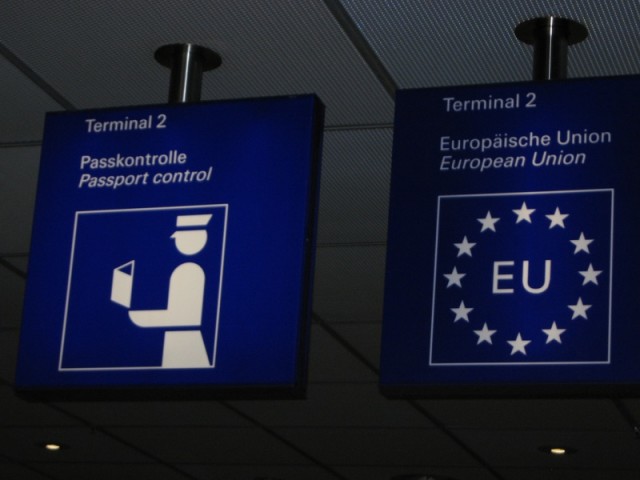By Tanja Fajon
A decade has passed since the Thessaloniki Summit, which firmly confirmed the European agenda for the Western Balkans and promised a clear European perspective for the region.
Within the decade Slovenia joined the EU in 2004, and in a couple of months’ time Croatia will also be a full-fledged member of the European club.
The countries in the region of Western Balkans have made some decisive steps toward EU membership.
In the last year many positive steps have been taken in the enlargement countries. In addition to the steps taken by Croatia, Montenegro and Serbia, positive results have been achieved in Former Yugoslav Republic of Macedonia, where the high level dialogue has brought sharp focus on reforms.
Dialogue between ruling parties and opposition in Albania has contributed to ending the political stalemate in the country and the electoral and parliamentary reforms have been rewarded with progress.
Sadly, at the same time Bosnia and Herzegovina has not even applied for membership. The Thessaloniki Summit 10th anniversary is finally a chance to do just that. It is a necessary step for your country to make progress and it is responsibility of your political leaders to the citizens who deserve credible policies which will lead Bosnia and Herzegovina on the road of reforms toward EU integrations.
Many challenges lay ahead for Bosnia and Herzegovina and I will name just a few which are key for the progress of your country on the European path which can lead to a better future.
Bosnia and Herzegovina should do its homework, which is very clear. The Sejdic and Finci Ruling must be implemented before the application for EU membership. I hope that the Bosnian authorities can fulfil this task by the end of March. After the implementation of the coordination mechanism, Bosnia and Herzegovina could submit the application for membership to the EU in the first half of 2013.
By the end of the first half of 2013 Bosnia and Herzegovina urgently awaits both solutions. In 6 months’ time Bosnia and Herzegovina will become a direct neighbour of the EU. The largest part of its borders will be the border with the EU.
I cannot stress enough the necessity of solving the problems of Bosnian export products before Croatia joins the EU. If these issues remain unresolved, it will strike the Bosnian producers harder than the economic crisis itself.
This year the historical census of population and housing is taking place, which has not been conducted since 1991. This census is of extreme importance. Bosnia and Herzegovina awaits constitutional changes, because systematic blockades hamper the functioning of the state. Bosnia and Herzegovina needs these changes in order to become a modern and a functional state and to have hope for progress in times to come.
The EU agenda must reach far beyond national agendas, and be something the entities will have mutual consensus about. This goal must then be upheld by all authorities in the country, regardless of the current political constellations and coalitions.
The preparedness for opening the negotiations with the EU about the membership means readiness for implementation of reforms in all aspects of social and political life. Not only because of the economic crisis in the last five years, but because it is essential for progress of your country.
The Bosnian politicians must constantly bear in mind that these reforms are a condition for better quality of life of the ordinary citizens, who are at the moment hurt by the deteriorating conditions in the sector of employment.
Bosnia and Herzegovina has lost 2012 going in circles and through reconstruction of coalitions. After these turbulent times it is now time to make a step forward in 2013, the step which will put Bosnia and Herzegovina irreversibly on the European path. Bosnia and Herzegovina has already proven that it can meet the European requirements by fulfilling conditions for visa liberalization.
There are no threats for reintroduction of visas for Bosnia and Herzegovina. Some politicians in Western Europe do threat with this, but most time they do this out of their own political interests. We will not allow visa liberalization to be endangered. But to do that, we need credible and committed political leadership in Bosnia and Herzegovina.
The European Parliament will remain an advocate for the freedom of movement and the enlargement toward the Western Balkans when the countries meet the criteria.
I am convinced that if there is willingness, there must also be the way. Bosnia and Herzegovina has many problems but only one solution, which is EU integration. That is the perspective for future generations. That is our common perspective in the region and in Europe. For that, we must work together with mutual trust.
(The author is the member of the European Parliament and EU rapporteur for the process of visa liberalization.)
